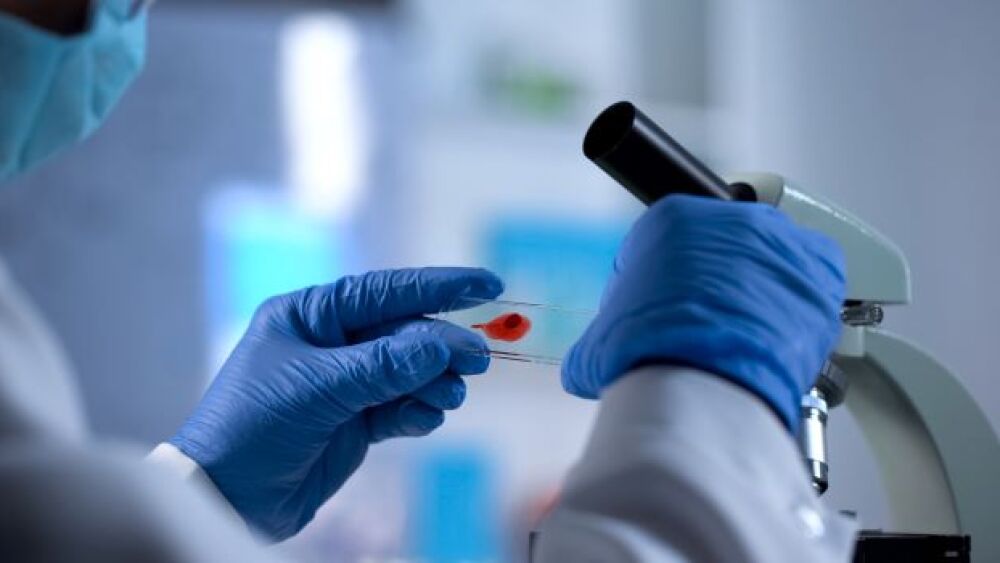ImmunityBio shared positive results from its clinical trial on its IL-15 superagonist Anktiva (N-803) to treat people living with human immunodeficiency virus (HIV).
ImmunityBio shared positive results from the clinical trial of its IL-15 superagonist Anktiva (N-803) to treat people living with human immunodeficiency virus (HIV).
The Phase I HIV Cure Study is evaluating the effects of Anktiva, which demonstrated the ability to stimulate latent HIV replication, also called the “kick,” in CD4 memory cells. This enables the previously infected cells to come out and be eliminated, called the “kill” by NK and CD8 cells.
This action of eliminating cells that harbor viruses reduce the presence of viral reservoirs in antiretroviral therapy-suppressed HIV patients, which gets rid of the virus and the threat of reactivation. ImmunityBio has dubbed the strategy “Kick-and-Kill.”
“This study is one of several ImmunityBio is undertaking to validate the potential role of Anktiva in activating the innate (NK) and adaptive (T cell) immune system to attack and kill cancerous or virus-infected cells. In this case, the target is HIV, and our ultimate goal is to develop our immunotherapy platforms of IL-15 fusion proteins combined with NK cell therapy as a therapeutic approach to rid the body of the virus for good and eliminate the need for antiretroviral therapy,” noted Patrick Soong-Shiong, M.D., the executive chairman and global chief scientific and medical officer at ImmunityBio, in a statement.
Anktiva acts in three ways to help the immune system eliminate HIV reservoirs and control rebound. First, it reverses HIV latency by stimulating HIV replication within immune cells, allowing the infected ones to surface and get killed. Second, it stirs up CD8+ T cells and NK cells, both of which have virus-killing mechanisms. And last, it enables CD8+ T cells and NK cells to move to lymphoid tissues, where there is an increased chance of eliminating the infected ones.
This isn’t the only research that the company is pursuing to test the effectiveness of Anktiva. Its Phase I ACTG A5386 trial is evaluating whether the drug can control HIV by itself or needs to be combined with broadly neutralizing antibodies (bNABs) after patients stop receiving antiretroviral therapy (ART). Another trial, which is already in Phase II, is assessing Anktiva’s action when combined with ART during acute HIV infection.
ACTG A5386 is conducted by the AIDS Clinical Trials Group (ACTG) and is funded by the National Institute of Allergy & Infectious Diseases. The Phase II study is performed at the Thai Red Cross AIDS Research Center in Bangkok by the Walter Reed Army Institute of Research’s U.S. Military HIV Research Program.
The HIV Cure study is published in Nature Medicine.





